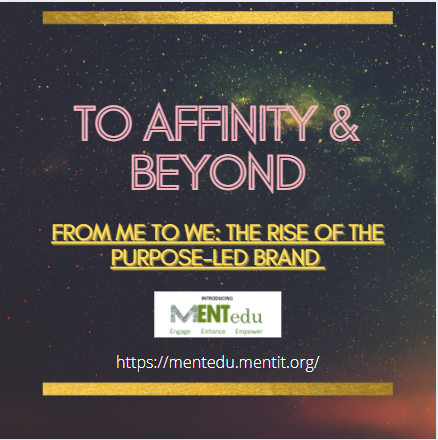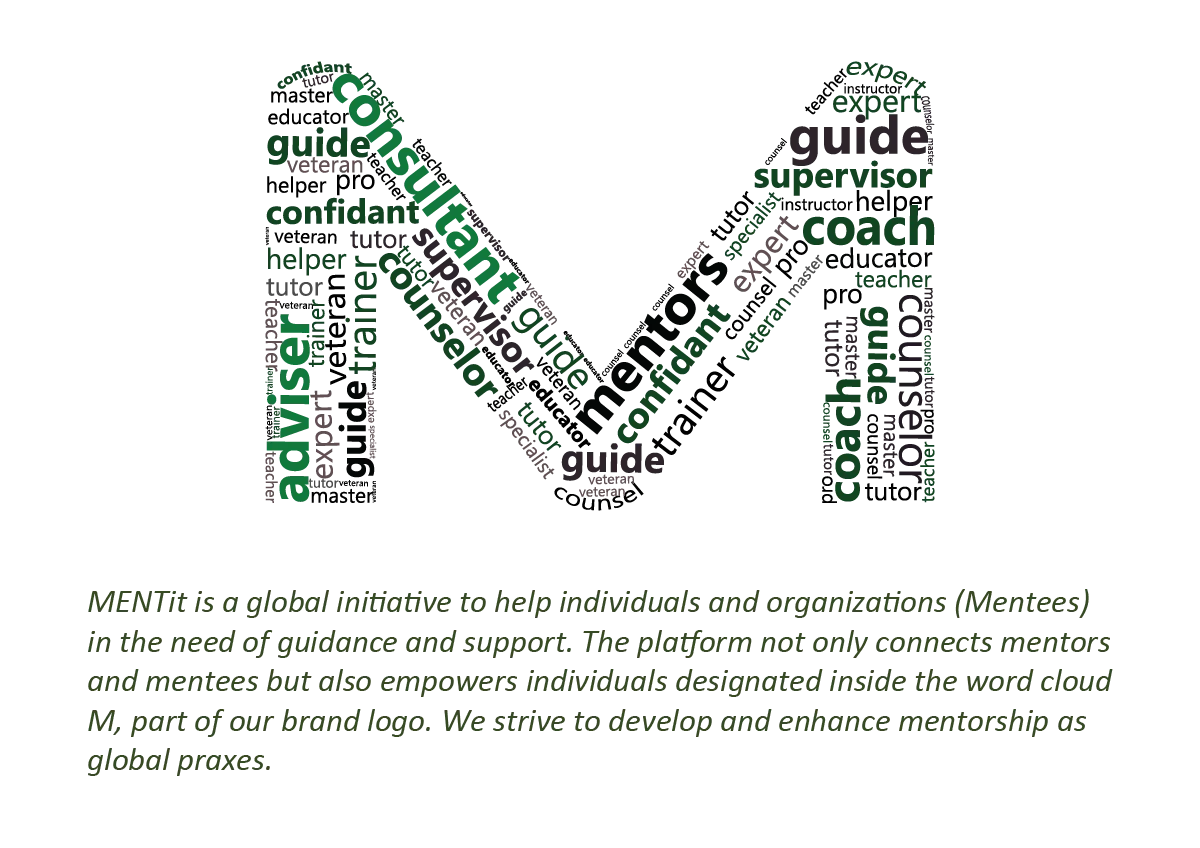Advancing AI ethics beyond compliance - From principles to practice
By Author: Mr. TEAM MENTit (MENTit Both)Affiliation: MENTit
Talking points
Divergent perspectives on AI's ethical issues.
- AI threats are viewed differently by executives and customers.
- Consumers are concerned about social issues such as shared wealth, inclusiveness, and AI's influence on jobs, while businesses are focused on organizational consequences.
Disagreement among CEOs on AI ethics
While board members consider AI ethics to be a serious concern and an area of corporate supervision, CEOs consider these issues to be less relevant than their C-level staff or board members.
Resolving the ethical dilemma
The majority of the board members believe they are unprepared to deal with AI ethics concerns. Individual organizations are establishing standards and implementation strategies, but no organization is doing so in a coordinated manner.
Considering AI ethics
- Since the dawn of human civilization, ethics has played a critical role in influencing decisions.
- For example, the Hippocratic Oath dates back to ancient Greece and has been a cornerstone of medical practice since the Middle Ages, including everything from "first, do no harm" to patient confidentiality.
What matters most: Factors to consider when it comes to AI ethics
- Nearly two-thirds of CEOs consider AI ethics to be a somewhat significant business subject.
- The development of ethical AI requires data responsibility, value alignment, and algorithmic accountability.
- Almost all of them claim they're thinking about ethics as part of their AI projects.
Taking action inside the organization
Taking lessons from the past
- According to Andrew Keen, businesses should guarantee that important issues that require thorough consideration are given their due.
- In AI ethical debates, keen "experts who are respected in their disciplines need to be involved." Businesses must also think about the consequences of profit-driven business structures.
Getting the board on board is the first step.
- The AI Board Toolkit from the World Economic Forum is a good start in this approach.
- According to the study, there is a need for more board-level education and involvement on AI ethics problems.
- Various organizations have solely focused on AI ethics, and some case study compendiums on AI ethics have been published.
Institutionalizing AI Ethics
- From the CEO's office and the C-suite down to the operational level, AI ethics must be ingrained in current organizational procedures.
- Companies with strategic goals that are aligned with high-minded leadership may find it simpler to justify the time and money spent.
- Ethics washing is a rising problem in the corporate governance sector.
Outside of the company: Getting ready for tomorrow
From the ground up education
- To begin, the pipeline into organizations may be reinforced by teaching university students.
- Companies that employ graduates of these schools, as well as members of these institutions, can play a role in ensuring that ethics training is effective.
Creating norms and guidelines
- According to the findings of AI ethics research, CEOs place a high value on AI ethics, as well as the growing legislative interest in the field.
- Rather than local/regional levels or professional associations, executives want explicit standards at national, continental, and even global levels.
From the ground up education
- To begin, the pipeline into organizations may be reinforced by teaching university students.
- Companies that employ graduates of these schools, as well as members of these institutions, can assist in guarantee that ethics training is successful.
- As of February 2020, a crowdsourced list of AI and tech ethics courses had over 250 submissions.
Promoting a long-term future
- AI ethics aren't only for academics and commentators; they affect businesses, customers, and citizens.
- Organizations who proactively address these challenges and take action have a chance to define their competitive future and improve AI's trustworthiness.
Creating a coordinated strategy
- The method used by the European Commission can be used as a model.
- There is an independent group with representation from a variety of disciplines and stakeholders. The AI for Good platform aims to figure out where society wants to go with AI.
- To guarantee a thorough, comprehensive, and holistic examination of the situation, we recommend using a hybrid method.
- According to Dr. Jodie Whittaker, the common ground is our shared humanity: the societal rights we promote and the moral duty we assume.
References:
Disclaimer:
The views/opinions expressed in this blog by me as a MENTit user are my personal. MENTit or its promoters or other users may not share the same views or opinions as mine. If any copyright/trademark/patent/plagiarism/controversy issue emerges because of this article written by me, I, as an author, shall be the sole responsible for the consequences.








